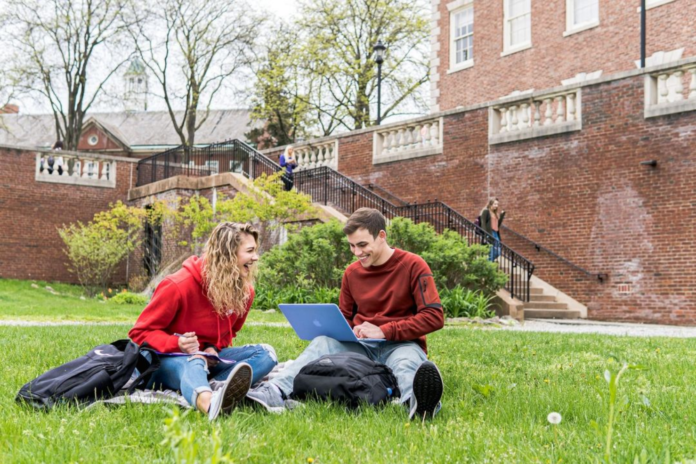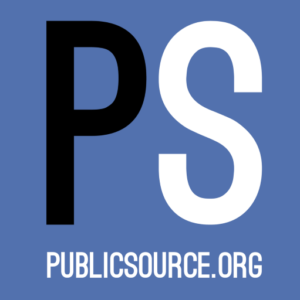By
Many college students take out loans from the federal government to help pay for college, but there’s a cap on the amount they can borrow. When they still can’t afford the cost, they face a choice: Don’t go to college, or take out riskier private loans to cover the rest.
At some Pittsburgh universities, more students are taking on larger amounts of private debt than others nationwide. That raises questions about the affordability of these institutions and the financial guidance students receive, and it means more students are borrowing with fewer protections. Federal loans often have fixed or lower interest rates and provide borrowers with more options for repayment, forgiveness and discharge.
Private loan debt can be “the most debilitating for people who already have the least access to higher education and to generational wealth,” said Ben Kaufman, fellow and former director of research and investigations at the national nonprofit Student Borrower Protection Center. While Black borrowers are less than half as likely to take out private loans than their white peers, they’re four times more likely to struggle repaying it.


































